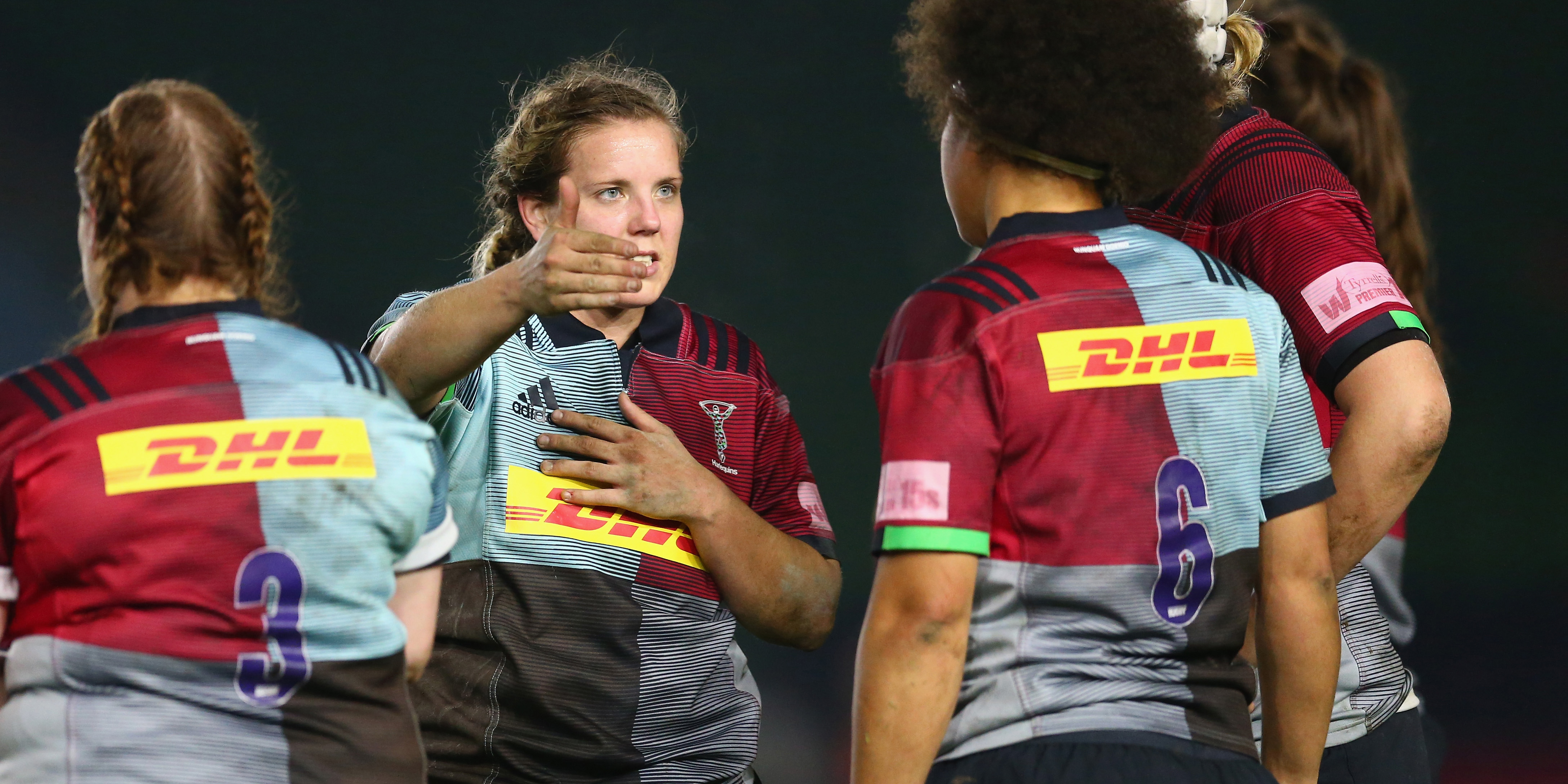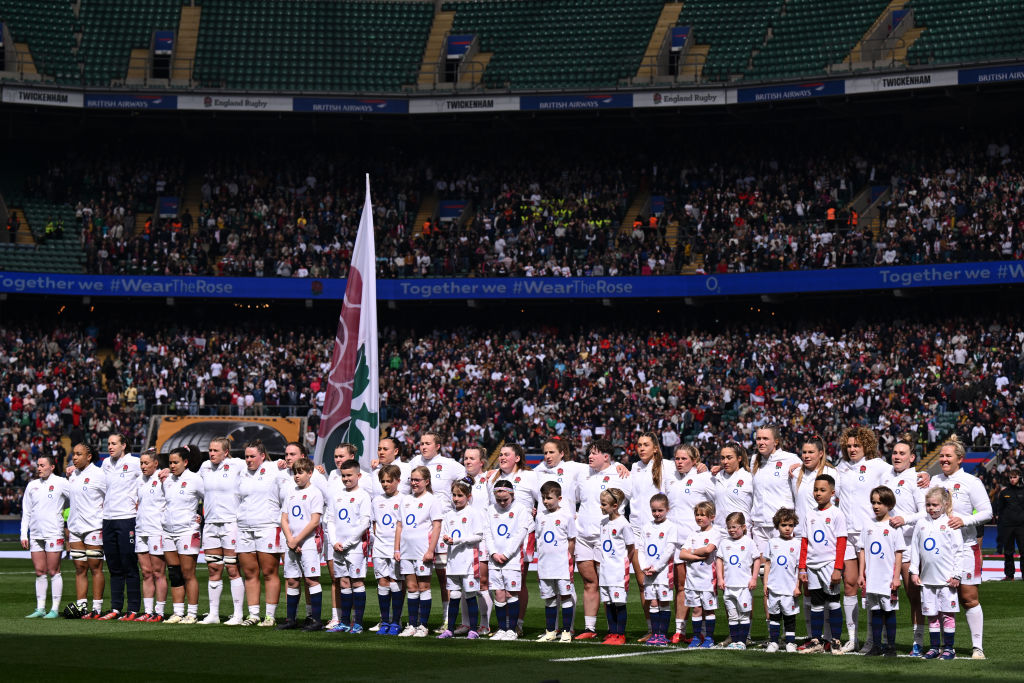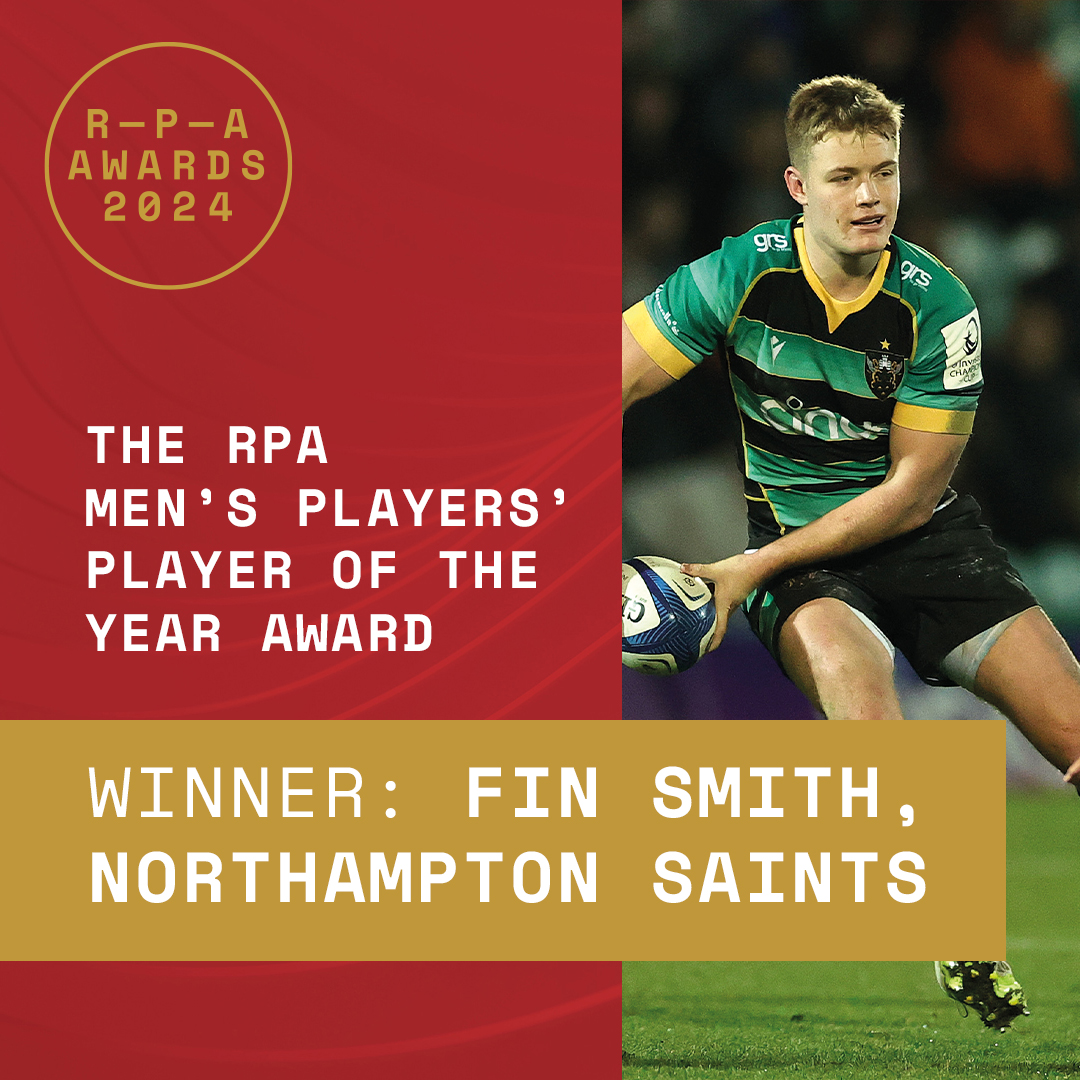Point of Contact Vickii Cornborough

Elected as the RPA Player Representative for England Women, Vickii Cornborough is determined to raise the voice of her teammates as they enter the professional age.
Fact File
Age: 29
Position: Prop
Club: Harlequins Ladies
Country: England
Test caps: 48
Did you always want to become an RPA Player Representative?
Yes, absolutely. Representing my teammates is something I am very passionate about. To be elected as an RPA Player Representative is a very proud feeling and I feel strongly that I can work hard to bridge the gap between the players, stakeholders and management. It’s such a big time for the women’s game, with the sport developing at a fast pace, and to be at the forefront of discussions on how we can create a better product for all, is very exciting.
With the onset of professionalism for England Women, what do you believe are some of the biggest challenges facing players?
The professionalism aspect is a key area which has gained a lot of focus. I think where women’s rugby is going, we’ve stepped into a long-term strategy of developing our England squad through having an elite professional programme. I guess the big question is how do we sustain professional output, while developing a high-performing team, and maintaining player welfare as the number one priority? How do we live as professional athletes, what does this mean for our careers, income and stability? We are privileged in our squad to have a range of players from different career backgrounds, players who have had full-time jobs over the last few seasons. I think this gives us an advantage because players already have a professional outlook on life and it’s now about honing those skills and applying them to rugby. I think professionalism is a huge step forward for our game and I am confident through continuous support from the RPA, we will deliver the best programme for our players and make sure their voices are heard loud and clear in the right places.
You play for Harlequins in the Tyrrells Premier 15s, how do you think the competition compares to other global leagues?
I think the RFU have done an amazing job in creating this brilliant competition. We now have players from other rugby countries travelling over to play in England and represent our domestic clubs. That’s a significant sign that the product is exciting and appealing. I’ve played in previous iterations of the league in England for a long time, and you can see the marked difference, you can see the jump in skill level, in performance, and the ability for players to develop. All 10 clubs have a set of minimum standards that they must adhere to, to be in the competition, and driving those standards is raising the bar of performance and creating a very exciting brand.
This off-season we have been training with Harlequins men at Surrey Sports Park, using the same facilities. That’s an enormous change from ten years ago. We also played in front of a record-breaking crowd last season of 5,000 people at the Twickenham Stoop. That’s unbelievable for women’s rugby in England. If we continue driving fans through the gates and making those crowd numbers the norm, we will see women’s rugby skyrocket, and the amount of positive feedback increase beyond sight. We want fans to be saying, ‘That was a brilliant game of rugby, I’ve never watched a women’s match before but oh my god, the skill and the standards were so much higher than I’d expected, how and where can I watch again?’.
Away from rugby, you completed a degree in psychology, can you talk us through the experience?
I chose psychology because it’s the most fascinating subject I have ever come across. I find it intriguing understanding how the mind works, why people make the decisions they do and how people operate within different groups. I decided to undertake the degree, knowing full well that I will most likely never become a psychiatrist or counsellor, but I wanted to gain a deeper understanding into the mind, and in turn hopefully improve my overall perception on life. I focused on decision making, and what drives decisions to be made under intense pressure. It was deeply fascinating and has had a massive impact on my rugby career.
Would you recommend the course to other players?
It’s entirely up to the individual, but for me personally I found it very beneficial. Regardless of what degree you decide to do, I think the opportunities in life are endless and you can learn so many new skills. As a professional athlete, you have a huge amount of time on your hands and the freedom and ability to pick up a new hobby or passion easily. I get a lot of questions from my teammates and friends such as, ‘How do you manage so many different things at once?’. In turn I challenge myself with, ‘Well what can I do more?’ or ‘What can I do next?’. I feel very strongly that rugby shouldn’t be the only thing that you do and it’s good, healthy and very productive to focus on more than just rugby in your working week. You may be lucky enough to find something that you absolutely love.















